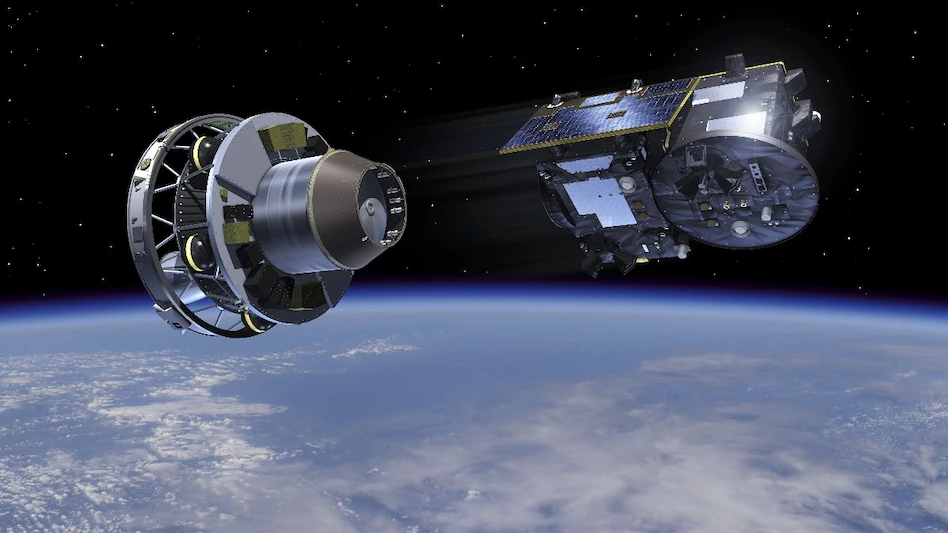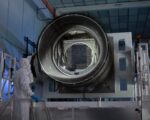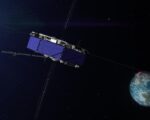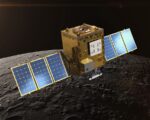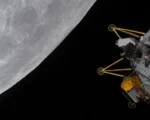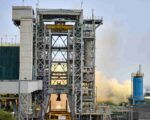ISRO’s PSLV-C59 Gears Up for ESA’s Proba-3 Solar Corona Mission
The Indian Space Research Organisation (ISRO) is set to launch the PSLV-C59 rocket on December 4, 2024, at 4:08 PM IST, carrying the European Space Agency’s (ESA) Proba-3 mission. This commercial launch, managed by NewSpace India Limited (NSIL), will take place from the First Launch Pad at the Satish Dhawan Space Centre, Sriharikota. Notably, this will mark the 61st mission of ISRO’s workhorse Polar Satellite Launch Vehicle (PSLV) and the 21st instance of its XL configuration being deployed.
Proba-3: A Unique Formation-Flying Demonstration
The Proba-3 mission represents an In-Orbit Demonstration (IOD) initiative by ESA, focused on precision formation flying. The spacecraft comprises two components: the Coronagraph Spacecraft (CSC) and the Occulter Spacecraft (OSC), which will function in a coordinated manner. Launched as a single unit, the satellites will separate in orbit and maintain an exact distance of 150 meters to replicate an artificial solar eclipse. This innovative arrangement will enable unprecedented observations of the Sun’s corona by blocking its direct light with the occulter.
Exploring the Mysteries of the Sun’s Corona
The mission’s primary goal is to study the Sun’s corona, the outermost layer of its atmosphere, which plays a crucial role in influencing solar dynamics and space weather. The corona is difficult to observe from Earth due to the Sun’s intense brightness, but Proba-3’s advanced instruments will overcome this challenge. Using the occulter to shield direct sunlight, the spacecraft will allow scientists to conduct continuous corona observations for up to six hours, capturing detailed data on solar eruptions, magnetic field interactions, and plasma behavior.
Global Collaboration in Space Science
The Proba-3 mission underscores the growing importance of international collaboration in advancing space science. By partnering with ESA, ISRO continues to demonstrate its capability to support complex missions requiring precision and innovation. The data collected by Proba-3 is expected to benefit not just solar physics research but also global efforts to improve predictions of space weather, which can impact satellite operations, communication systems, and power grids on Earth. This launch marks another milestone in India’s expanding role in the global space industry.


